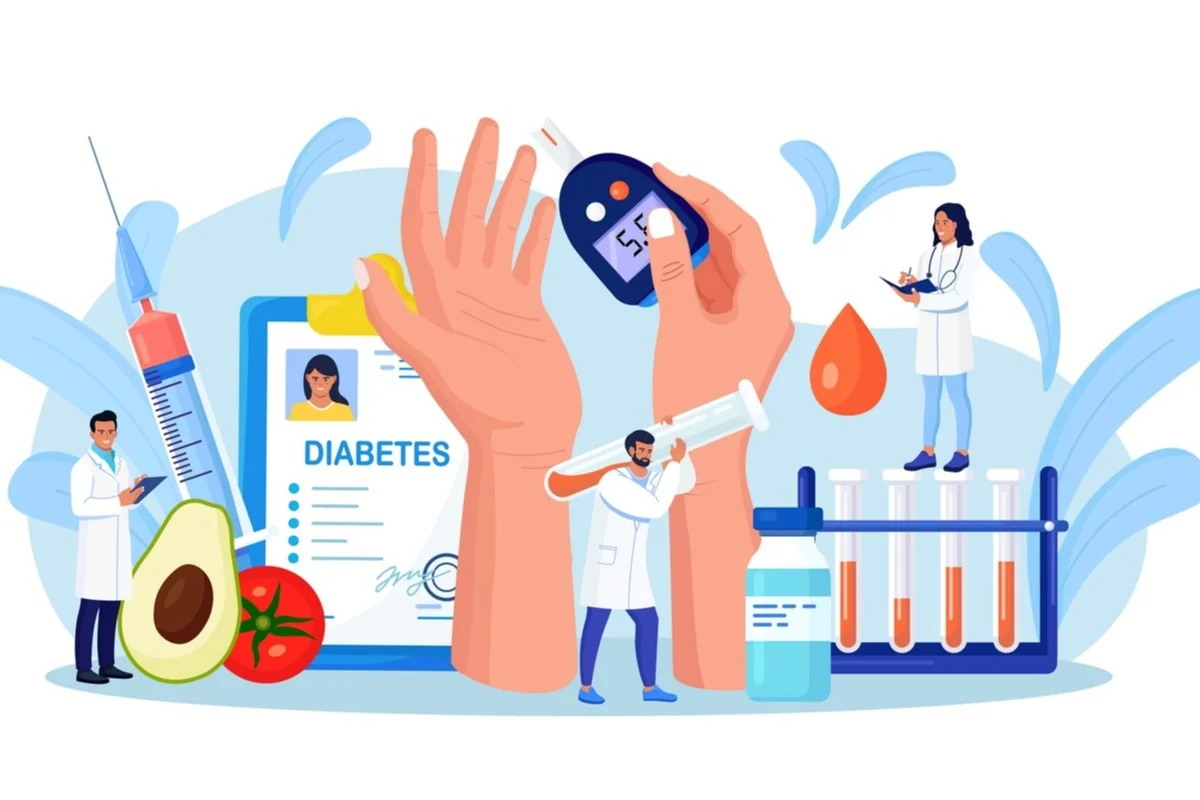Diabetes is a chronic health condition that affects how your body processes sugar (glucose). It occurs when the pancreas doesn’t produce enough insulin or when the body can’t effectively use the insulin it produces. This can lead to high blood sugar levels, which can have long-term effects on your health. There are different types of diabetes, including type 1, type 2, and gestational diabetes.
Diabetes type 1 is a chronic condition where the immune system mistakenly attacks the insulin-producing cells in the pancreas. This results in little to no insulin production, requiring daily insulin injections or the use of an insulin pump. It commonly develops in childhood or adolescence, and people with type 1 diabetes need to carefully monitor their blood sugar levels and manage their condition for life. However, people of all ages can still develop type 1 diabetes. Diabetes type 2 is a chronic condition where the body becomes resistant to the effects of insulin or doesn’t produce enough insulin to properly regulate blood sugar levels. It is often associated with lifestyle factors such as obesity, poor diet, and lack of physical activity. Managing type 2 diabetes typically involves making healthy lifestyle changes, such as eating a balanced diet, exercising regularly, and, in some cases, taking medication prescribed by a healthcare professional. Gestational diabetes is a type of diabetes that occurs during pregnancy. It affects some women who have high blood sugar levels during pregnancy, even if they didn’t have diabetes before. It usually goes away after giving birth, but it’s important to manage it to ensure a healthy pregnancy and reduce the risk of complications.
Overall, spreading awareness for diabetes is important because it helps educate people about the condition, its risk factors, and how to prevent or manage it. By raising awareness, we can promote early detection, encourage healthy lifestyle choices, and reduce the stigma surrounding diabetes. It also helps create a supportive community for individuals living with diabetes and their loved ones. Diabetes Awareness Month is a powerful reminder to prioritize our health and support those affected by diabetes. Together, we can make a positive impact on the lives of those that are troubled by diabetes.

